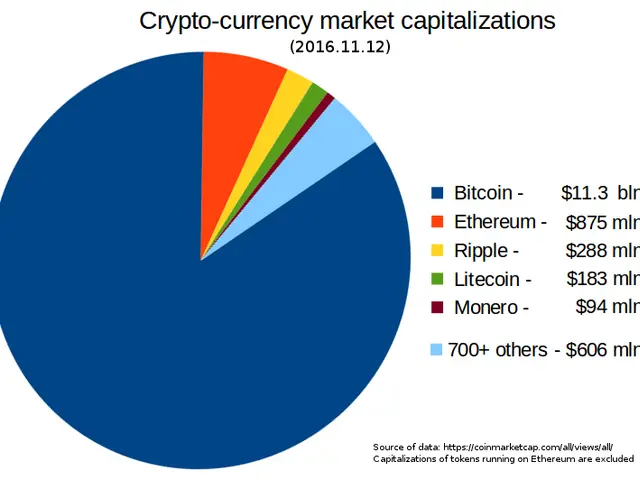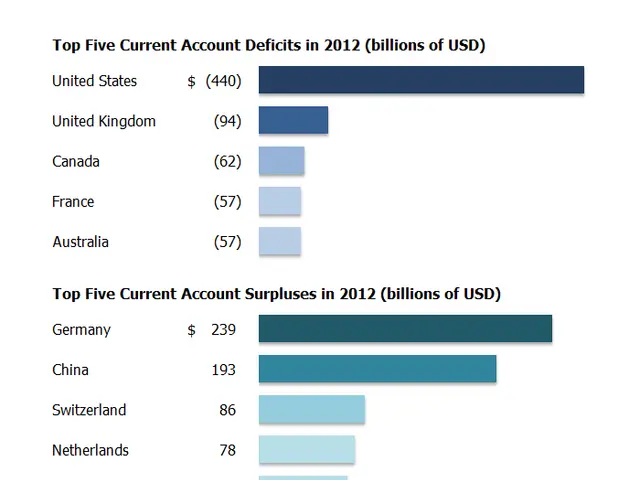Success in Sports: Victories Comes Easily, but Securing Riches Poses a Challenge (Tottenham)
In the realm of private equity (PE), exiting investments in the gambling industry has become a complex endeavour. Market headwinds, such as a slowdown in mergers and acquisitions (M&A) and initial public offerings (IPOs), have led to increased holding periods and fewer exit opportunities at favourable values.
These challenges are particularly pronounced in the gambling sector, which carries regulatory and public perception risks. The sector is grappling with reduced liquidity and market uncertainty, as well as a general slowdown in PE exit activity in 2025. For instance, Q2 of 2025 saw a significant decline in PE exits by volume and value compared to Q1 and historical norms, reflecting a cautious market environment.
To navigate these challenges, PE firms are adopting several strategies. One approach is seeking new sources of fee income and identifying easier markets to offload investments. This could involve focusing on alternative vehicles or less scrutinised investor classes to facilitate exits.
Another strategy is leveraging technology and innovative financial tools. For example, tokenization via blockchain for fractionalizing real assets could potentially enhance liquidity and make exits smoother. PE firms are also waiting for market conditions to improve, as dry powder (undeployed capital) is available with top general partners to buy or sell when valuations and confidence realign.
Some PE firms are focusing on sectors with secular growth tailwinds to generate attractive exit multiples even under market duress. This could involve rotating investment portfolios away from more volatile sectors like gambling towards sectors with stronger growth prospects, such as technology and healthcare.
Employing more sophisticated AI-driven investment screening and decision-making is also a strategy being considered to identify the best exit timing and methods.
The exit phase in gambling is proving challenging for some PE firms due to size, complexity, regulatory exposure, competition, or a perceived lack of future upside. Large strategic buyers of online gambling businesses may be reluctant to take on another large asset due to competition headaches or complicated licensing obligations across multiple jurisdictions.
PE-owned gambling firms with U.S. exposure have entered new markets early, scaled quickly, and are now maturing into low-growth businesses. This disconnect leads to stalled processes, failed auctions, and drawn-out hold periods, forcing PE owners to reinvest or refinance, delaying exits and absorbing more operational risk.
In conclusion, PE firms in gambling are navigating a tough exit environment by combining patience with innovative liquidity solutions and strategic portfolio shifts to enhance exit prospects amid regulatory and market uncertainties.








